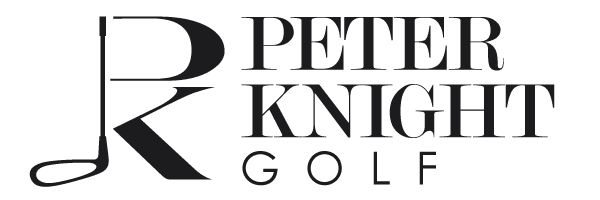If you’re like me, you love to get involved in trivia games. The instant thrill of knowing an answer or being the first one to call out the answer is something our brains love. As well as completing quizzes, crosswords and Sudoku, there are also all sorts of profiles which claim to categorise you against the rest of the population in things such as confidence, relationships, cleanliness and all sorts of other weird and wonderful behaviours.
In 1905 Alfred Binet and Theodore Simon created a means of testing and categorising children based on their intelligence so that any learning requirements would be brought to notice. His testing was then a starting point from which a person could then improve with guided study, coaching, practice and homework. The Binet-Simon Scale was to become better known as IQ testing.
In the intervening years the score a person receives from the IQ test has come to mean a defining tag about the level of intelligence they have. It has less to do with the idea of being a place from which to move forward as being a destination from which a person’s intelligence is categorised.
The danger of course is that people who undergo the test and have a belief that their level of intelligence is fixed can create very limited beliefs about themselves, especially if their score is less than 100 (the supposed average of their age group).
When I did maths in my final year of high school, it was a struggle. I would read examples in the text book and listen carefully as the teacher explained how to answer the problems. Still I would find the subject challenging.
As they got to the senior years of high school, my daughters began asking for help with their maths. When I looked at the examples in their text books, miraculously I could work through and understand them. Imagine if I had labelled myself as hopeless at maths and then lived that belief!
Any form of labelling provides at best a narrow view of a whole person.
We are all so much more than any number of labels. Part of being ;more is that we have the ability to expand our knowledge, skills and understanding, so any label is, at best, very temporary.
If you must label yourself, use ideas like, evolving, improving, discovering and growth as they are generative.
